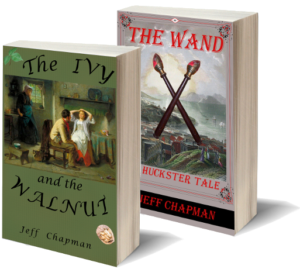
The Weird Sisters, Henry Fuseli (1783).
I suspect most people are surprised to find that the meaning of weird as a noun is quite different from weird as an adjective. In modern parlance, weird is mostly used as an adjective to describe something that is odd, strange, fantastic, magical, or supernatural. As a noun, weird refers to fate or destiny or a soothsayer. The noun retains the word’s original meaning while the adjective conveys the modern sense. So how did we go from fate to strange? It’s truly weird.
Weird derives from the Old English wyrd, meaning fate or destiny, whose antecedent was probably the Proto-Germanic wurthis, which literally means “that which comes.” Similar words includewurd from Old Scottish, wurt from Old High German, and the Old Norse urðr, which referred to fate, one of the three Norns. According to Norse mythology, the Norns are female goddesses who control one’s destiny. They are comparable to the Fates from Greek mythology. Snorri Sturluson identifies Urðr (Wyrd), Verðandi and Skuld as the most important Norns and portrays them as maiden giantesses who draw water from the Well of Urðr to care for Yggdrasill, the giant ash tree at the center of Norse mythology.
The phrase “weird sisters” was used in Middle English to reference the Norns. Artists portrayed the weird sisters as frightening in appearance and character. Consider the three witches from Macbeth. The adjective weird developed from its association with the uncanny sisters.
Attribution: Henry Fuseli [Public domain], via Wikimedia Commons.


How weird is the history of weird. 🙂 I love reading the origins of words. Thanks for sharing.